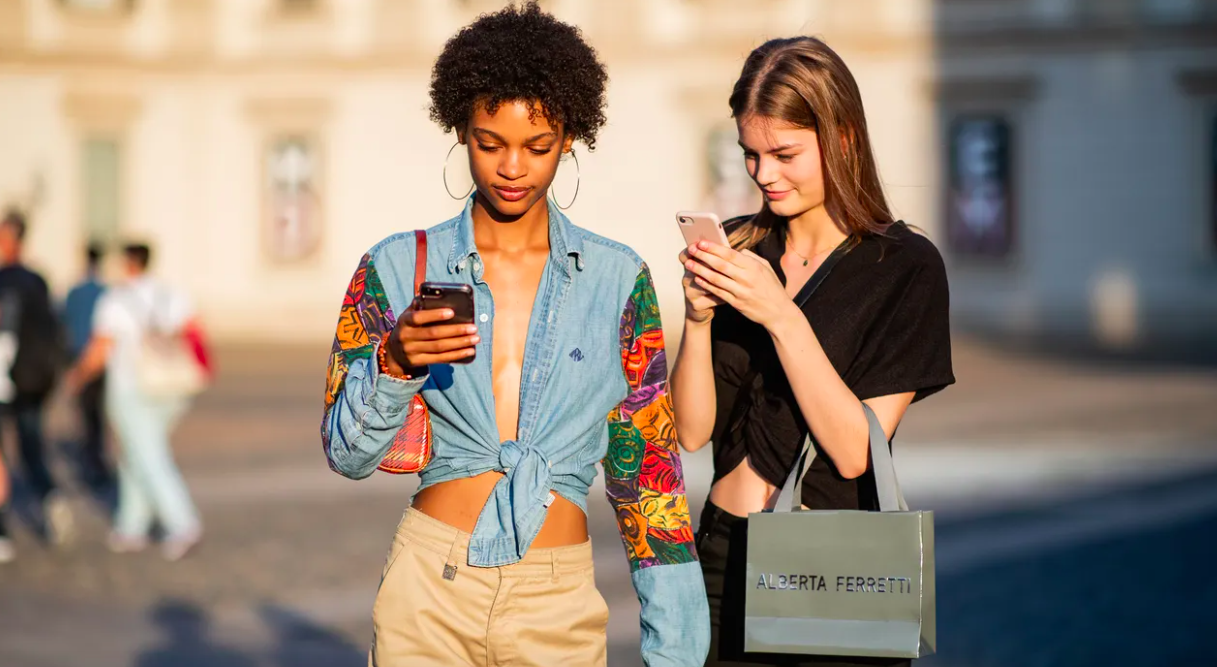
Many of us are addicted to our smartphones – specifically, the digital media we consume on them. But how bad is this for our brains? And how do we manage our screen time?
“Digital media is not all or none. It is here to improve and enhance our lives if we make the effort to be mindful about how we are using it,” says sleep neurologist and Ozlo Sleep Medical Advisory board member, Meredith Broderick, MD.
Below, she highlights how digital media affects the brain, and shares tips for using your screen time more mindfully.
“Since the turn of the millennium, behavioral (as opposed to substance) addictions have soared,” writes The Guardian. Every spare second is an opportunity to be stimulated, whether by entering the TikTok vortex, scrolling Instagram, swiping through Tinder, or binging on porn, online gambling, and e-shopping.” This is partially due to dopamine.
Here are a few more ways that consuming digital media affects our brains:
Attention issues
Consuming digital media that consists of scrolling through content, requiring a lot of multi-tasking, and attentional shifts, has an association with ADHD symptoms,” Dr. Meredith says. “A meta-analysis showed a correlation between digital media use and attention problems.”
Sleep issues
“Computers and phones emit blue light that suppresses melanin secretion and may disrupt our circadian rhythms, which reduces sleep duration and sleep quality,” she says. Plus, scrolling through apps like TikTok can actually be addictive, which can play a role in “revenge bedtime procrastination.”
Social isolation
“One of the main drawbacks of using social media platforms is linked to social isolation, which may impede social connection,” Dr. Meredith continues. “Studies have also shown that time away from screens improves emotional and social intelligence.”
Stronger brain circuits
Yep, this one’s a positive. “Some research has shown that searching online is a form of mental exercise that may strengthen brain circuits,” she says.
“Remember that the effect of spending time on a screen isn’t just about the time spent on the screen. It’s also about the time not spent doing other things, like interacting and connecting with others, reading, physical activity, and experiencing nature,” she adds.
Benefits of digital media:
“Digital media provides opportunities to access resources like telehealth services,” Dr. Meredith says. “It can also be used to strengthen cognitive skills with training and neural exercise programs.” She also explains that digital media can be educational “when it is directed and guided by adults/parents.”
Additionally, “digital media apps like the one created by Ozlo Sleep can deliver health solutions to people living with problems like sleep disturbances and tinnitus,”
How to be more mindful of our screen time
There are both positive and negative aspects of digital media, which is why it is important to be mindful of how we are using our screen time. According to Dr. Meredith, “Setting time limits and having healthy boundaries around digital media consumption can look like:
- Scheduling allowed times, such as only checking social media once in the morning, at lunch, and then again in the evening.
- Setting a time limit for an app, like 30 minutes per day.
- Shutting down electronics two hours before bedtime, which massively benefits sleep quality.
If you have a hard time with #3, you can shift to audio-only media in the evening. This gives the visual system a break by transitioning to something like music.”
beauty beauty trends celebrities celebrity news christmas christmas movies coffee dating fall fashion fashion fashion designers fashion trends fashion week fitness hailey bieber hair trends halloween harry potter health Instagram Justin Bieber kate middleton King Charles meghan markle mental health milan fashion week movies music netflix new york city paris paris fashion week pregnancy prince harry princess diana prince william relationships royal family royals skincare street style television travel valentine's day wellness